4th Grade Social Studies Standards
4.6:
Use geographic representations to locate and describe places and geographic characteristics.
Cultures, Food, and Communities Around the World: Students explore different cultures around the world, compare worldwide communities with local communities, and explain the interrelationship between the environment and community development.
Growing Our State History: Students investigate what makes a community livable and explore the influence of agriculture on the history of their state.
Hank the Cowdog—A Day in the Life of Hank the Cowdog Book 1, Lesson 1: Students read chapters 1 and 2 of Hank the Cowdog Ranch Life: Ranching and Livestock by John R. Erickson and use cardinal instructions while referencing parts of a map. This lesson is the first in a series of ten that were designed to connect with Book 1 of the Ranch Life Series.
Hunger and Malnutrition: Students investigate the importance of eating a variety of foods in order to get all the nutrients needed to be healthy, explore diets around the world using Peter Menzel’s Hungry Planet Family Food Portraits, and discuss the scope of the problems of hunger and malnutrition using the World Food Programme HungerMap Live.
In a Nutshell: Students explore pecan production from farm to fork, simulate the process of grafting, and create a nutritious snack.
Sorghum at School: The Sorghum Story: Students will investigate sorghum, including the stages of plant growth, production in the United States, health benefits, geography, and positive environmental impacts.
Tasty Testing: Students discover the geographic regions where basil, oregano, and cilantro have cultural significance, understand the role of evaporation in herb dying, and recognize the different properties of dried and fresh herbs.
4.9:
Describe the characteristics of nomadic hunter-gatherer societies, including their use of hunting weapons, fire, shelter and tools.
Truth or Hogwash?: Students work in teams to play a game in which they answer true/false questions about swine and then research and develop questions of their own.
4.11:
Explain the effects of the Agricultural Revolution, including the domestication of plants and animals and the growth of permanent settlements.
Truth or Hogwash?: Students work in teams to play a game in which they answer true/false questions about swine and then research and develop questions of their own.
4.12:
Identify and explain the importance of culture.
Wheat and Dolls: Students investigate how wheat is grown and processed into flour and other wheat products and create wheat puppets to perform a play.
4.12:
Identify and explain the importance of beliefs.
Farmer George: The Seeds of a Presidency: Students pursue a process of inquiry to profile George Washington, evaluating the personal characteristics that made him a great leader while also exploring historical and modern food systems.
Wheat and Dolls: Students investigate how wheat is grown and processed into flour and other wheat products and create wheat puppets to perform a play.
4.19.c:
Explain how nomadic groups of people first hunted.
Truth or Hogwash?: Students work in teams to play a game in which they answer true/false questions about swine and then research and develop questions of their own.
4.19.d:
Explain how people gradually moved towards seasonal hunting and gathering, using new tools and practices for hunting.
Truth or Hogwash?: Students work in teams to play a game in which they answer true/false questions about swine and then research and develop questions of their own.

